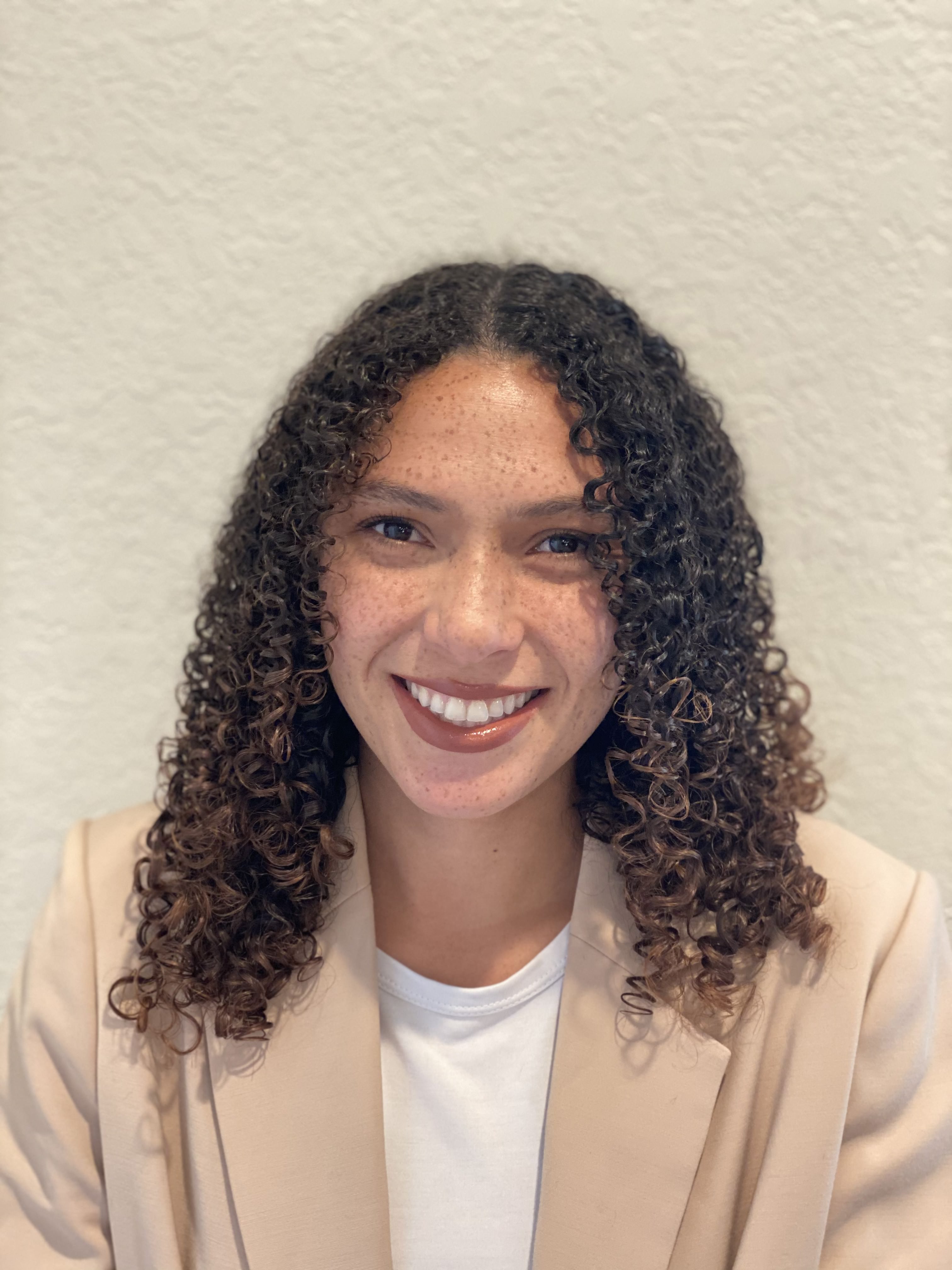Posted on July 8, 2021 by Amanda Cerreto
This article originally appeared in UTSA Today .
 JULY 9, 2021 — UTSA doctoral student
Tiara Phipps
'20 has been awarded the Department of Defense Science, Mathematics and Research for Transformation (SMART) Scholarship. Phipps will use the award to further her studies in psychology—one of several disciplines in the College for Health, Community and Policy (HCaP). Her research also could translate to a new approach for addressing sexual assault.
JULY 9, 2021 — UTSA doctoral student
Tiara Phipps
'20 has been awarded the Department of Defense Science, Mathematics and Research for Transformation (SMART) Scholarship. Phipps will use the award to further her studies in psychology—one of several disciplines in the College for Health, Community and Policy (HCaP). Her research also could translate to a new approach for addressing sexual assault.
The award provides students with full tuition for up to five years, summer internships, a stipend, and full-time employment with the Department of Defense after graduation. Phipps will work in the U.S. Army Public Health Center. She says it is the ideal setup for her, having been raised in a military family. It is also an opportunity for her to live out one of the missions of HCaP—to develop solutions to complex problems for the benefit of society.
"It never feels like work when you're answering the questions that you really want to answer."
UTSA's psychology program encourages students to pursue community-based research. Faculty work alongside students to help them achieve their goals. It is a structure that gives students like Phipps an advantage when it's time to enter the workforce, as they already have substantial research and data skills under their belts.
Phipps moved around a lot as a child. She earned a scholarship for gymnastics and completed her undergraduate degree at the University of Kentucky. She chose UTSA for graduate education because of her love for San Antonio.
"I lived here the longest, so I consider it home," she said. “After working, I realized what I loved most was studying, so I looked into the master's programs at UTSA.”
Her positive experience with the master's program was a factor in Phipps' decision to continue her education at UTSA.
“The best part now, as a doctoral student, is that I'm able to work on the kind of research that's meaningful to me and society,” Phipps said.
Her research into the background and situational variables that mediate the relationship between alcohol and sexual assault has already opened several doors for her. Phipps is also enrolled in the RISE (Research Initiative for Scientific Enchancement) program . It is a federally funded program designed to increase the number of underrepresented faculty, students, and investigators who are performing research in the biomedical sciences.
Phipps credits Gail Taylor , associate director of STEM Initiatives in the UTSA Center for Research and Training in the Sciences, for her decision to apply for the SMART scholarship.
After learning of Phipps' interest in performing research for the federal government, “Ms. Taylor mentioned the Department of Defense SMART Scholarship and encouraged me to apply,” she recalled.
“I am extremely proud of Tiara's accomplishments,” Taylor said. “Once RISE helped her to identify this opportunity, she ran with it and developed an excellent grant proposal. Dr. Edwin Barea-Rodriguez , the RISE program director, and I wrote a very strong letter of support for her application, and the selection committee recognized her exceptional potential to make a major impact on her field of military mental health.”
Upon securing her doctorate, Phipps will join the U.S. Army Public Health Assessment Team. Her work will involve assessing the public health programs and initiatives of the Army and other branches of the military.
By analyzing data and conducting interviews, the team will look into ways to improve or overhaul several of these initiatives, including those addressing sexual assault. The goal is to create interventions that will be dispersed nationwide.
Phipps is grateful for the opportunity to study and work for a cause she believes in, and encourages others to pursue their own interests.
“If you want to earn a doctoral degree, my advice would be to find something that you truly love studying-something that you're driven to know more about—so that it doesn’t feel like work when you’re doing the tedious parts, like digging through literature reviews,” she said. “It never feels like work when you're answering the questions that you really want to answer.”

